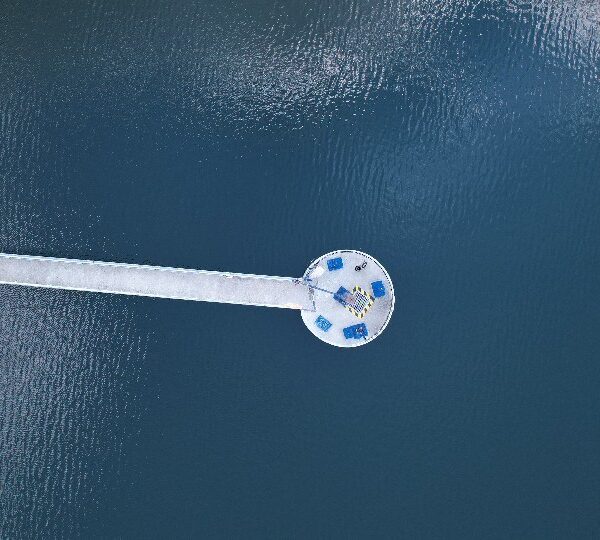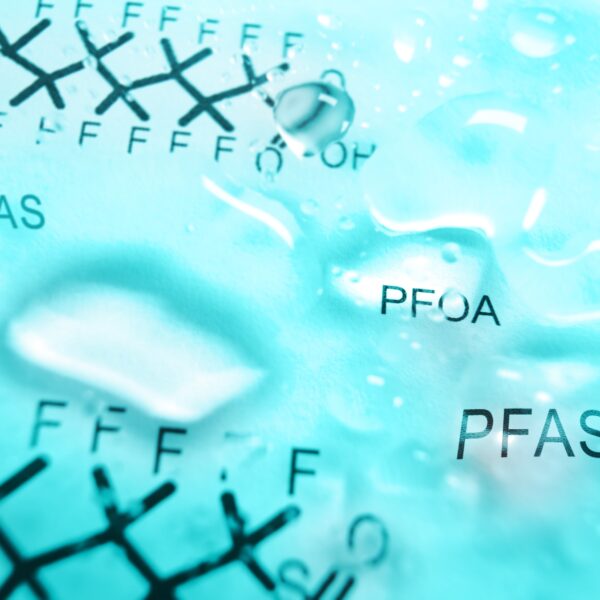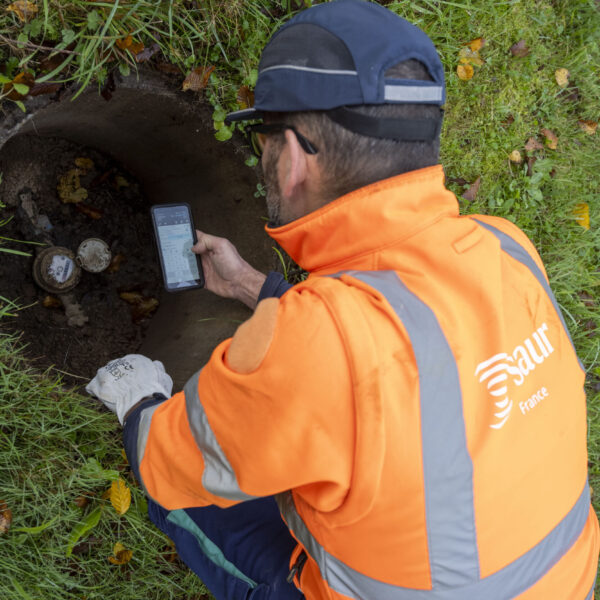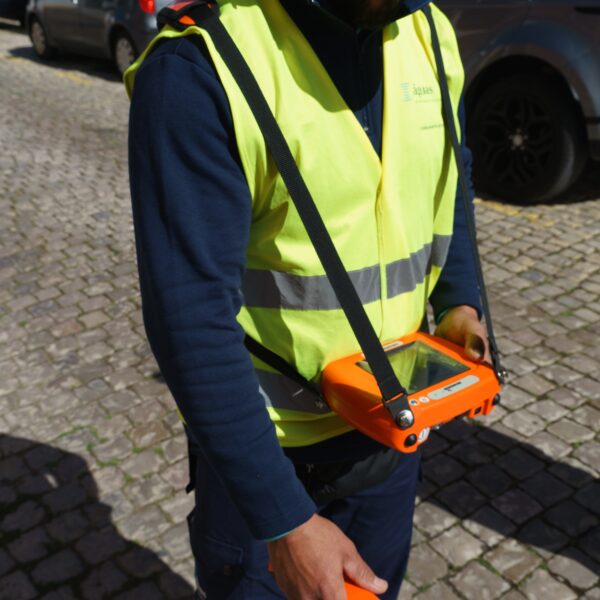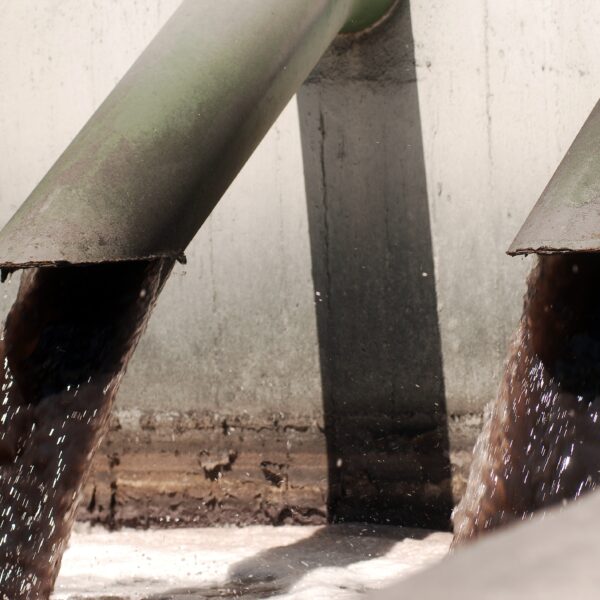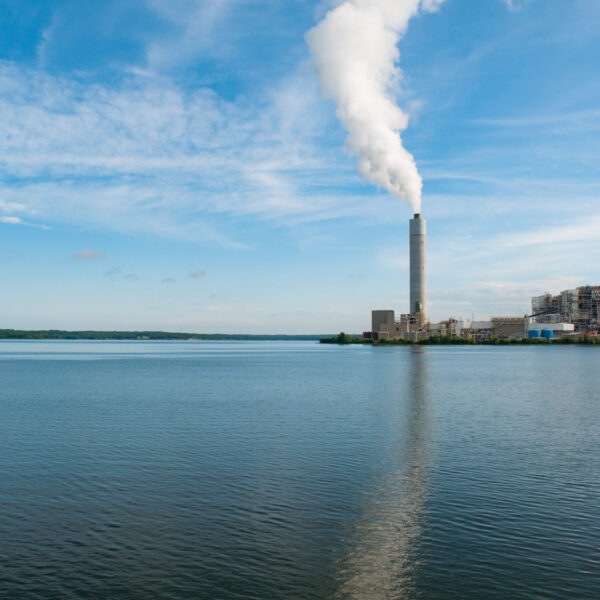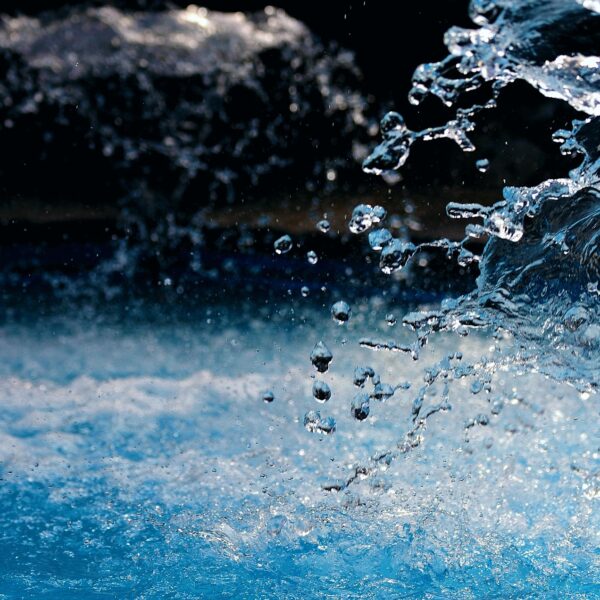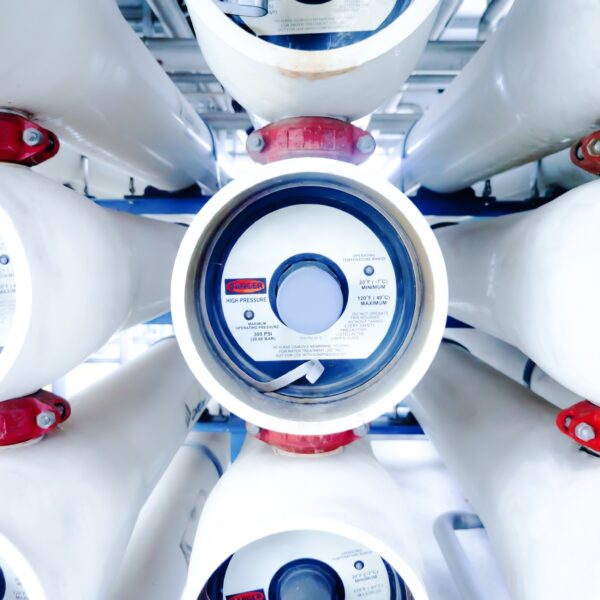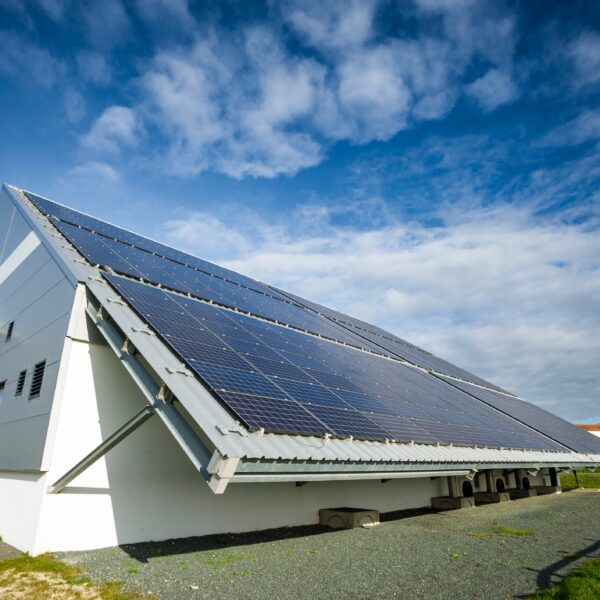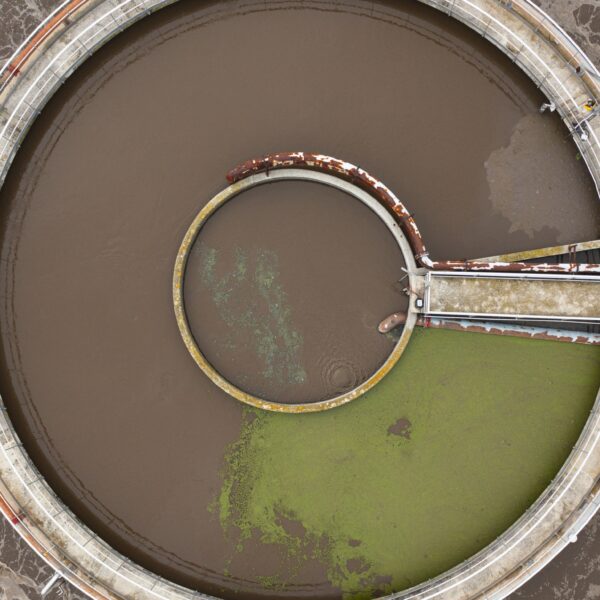- Municipal
- Industrial
Operation and Maintenance of Water Infrastructures
- Drinking water
- Industrial water
- Process water
- Wastewater
- PFAS Resolve
- Micropollutants
- Rainwater
- Sludge
- Resource and recovery
Saur offers complete and effective solutions for the Operation and Maintenance of water infrastructures, ensuring efficiency, legal compliance and excellence in operational results.
- Municipal
PFAS pilot testing
- Drinking water
- Micropollutants
- PFAS Resolve
- Wastewater
With PFAS emerging as a major public health and regulatory concern, municipalities must prepare for the 2026 drinking water compliance deadlines. A PFAS pilot project allows local (...)
- Municipal
Diag360° Wastewater Management
- Wastewater
Diag360° is a continuous diagnostic of sanitation systems, enabling operators to monitor their condition, anticipate malfunctions, and improve their performance over time.
- Municipal
Non-Revenue Water Management
- Drinking water
Reducing Non-Revenue water is one of the biggest challenges for management entities seeking operational efficiency and sustainability. This process requires the application of (...)
- Municipal
Undue Inflows Management
- Wastewater
- Rainwater
Undue inflows represent one of the main challenges in the management of drainage and wastewater treatment systems, and can cause inefficiencies of over 100% due to the excess volumes (...)
- Municipal
OlfaWeb® Odors
- Wastewater
OlfaWeb® is an innovative digital tool for real-time modelling that enables monitoring, analysis, and anticipation of gas and odor dispersion from wastewater treatment plants (...)
- Municipal
- Industrial
O&M Network – Smart Water Network Management
- Drinking water
- Wastewater
- Industrial water
O&M Network is a digital solution designed to monitor, operate, and optimize water networks. It combines field data collection, centralized analysis, and collaborative tools (...)
- Municipal
PFAS analysis campaigns
- Drinking water
- Wastewater
- Micropollutants
- PFAS Resolve
PFAS, or per- and polyfluoroalkyl substances, are a vast group of over 4,000 synthetic chemicals developed in the 1950s. Known for their water, grease, and stain-resistant properties, (...)
- Municipal
Reverse osmosis
- Drinking water
- Wastewater
The reverse osmosis technology developed by Saur is an advanced membrane filtration process that produces high-quality water by removing dissolved salts, micropollutants, and other (...)
- Municipal
Solar Trackers
- Wastewater
Solar Trackers by Saur provide a renewable and autonomous energy supply for water treatment units. This advanced technology uses solar trackers to maximize energy production, ensuring (...)
- Municipal
AQUA-RM®
- Wastewater
AQUA-RM® is a patented wastewater treatment process combining activated sludge treatment and flat-sheet immersed membrane filtration.
